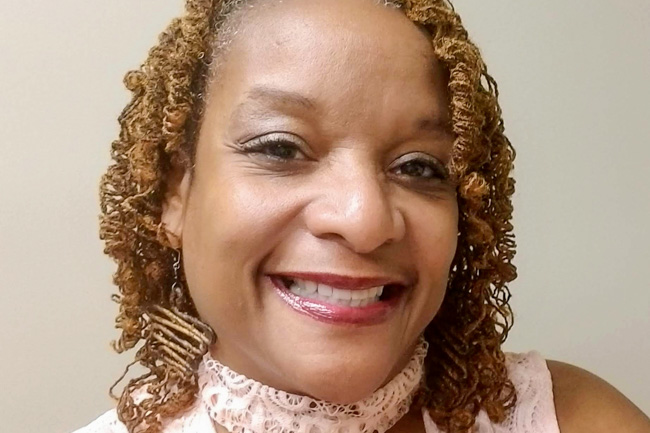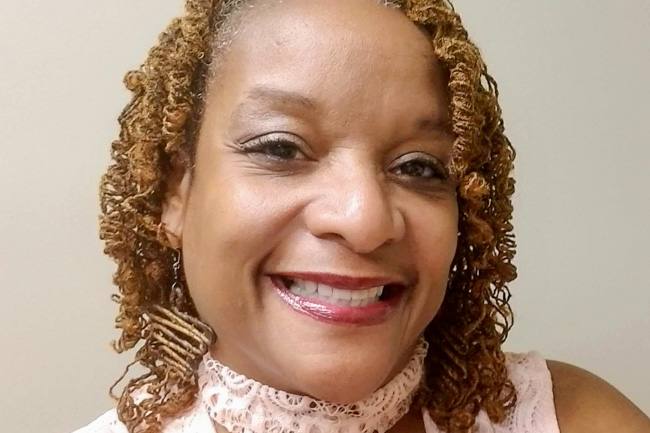
The federal government awarded $2.6 million last month to Positive Impact Health Centers to address the opioid epidemic in the metro Atlanta area. LGBTQ people have higher rates of substance abuse compared with the general population.
The grant allows the HIV service organization to launch a comprehensive medication-assisted treatment program against opioid abuse. Moneta Sinclair, PIHC’s director of addiction services, was “so excited” to get the grant.
“We’ve talked about doing [medication-assisted treatment] for a while,” Sinclair told Project Q Atlanta. “We’ve been trying to figure out how to do it and to fund the medication and the detox.”
“We already have the staff in place, so all we have to do is go out and get the people. We’ll start targeting marketing to let them know to come in and that they can get help,” she added.
The new program awards PIHC $525,000 annually for five years. The funds are part of $490 million in grants that the Substance Abuse & Mental Health Services Administration is giving to organizations across the U.S. to fight the opioid epidemic.
PIHC was the only organization from Georgia to receive the award out of over 240 grantees nationwide. Georgia is among the top 11 states in opioid overdose deaths, and 55 Georgia counties have an overdose rate higher than the national average, according to the Office of the Georgia Attorney General.
Changing face of LGBTQ Atlanta addiction
Sinclair watched the face of addiction in Atlanta change during her 14 years at PIHC.
“Back in 2007, what we mostly saw was African Americans coming in with crack abuse, some coming in with alcohol abuse and the majority of white gay males coming in with methamphetamine abuse,” she said.
Now PIHC mostly sees gay men across racial lines abusing meth. LGBTQ people are more likely to use alcohol and drugs and have higher rates of substance abuse, according to the Centers for Disease Control & Prevention.
But PIHC hasn’t seen many heroin or prescription opioid abusers.
“Part of the reason is there’s a gap in services for people who have opioid abuse disorders in metro Atlanta,” Sinclair said. “We didn’t have direct funding or the ability to see people who were uninsured or underinsured.”
Now they do. PIHC has centers located in Chamblee, Decatur, Duluth and Marietta. The organization is celebrating its 30th anniversary this year.
There were 94,000 fatal opioid overdoes in the U.S. in 2020, an over 30% increase over the previous year, according to the CDC.
“Americans battling substance use disorders, and their families, deserve easily accessible, culturally appropriate, and effective treatment options and recovery supports,” U.S. Health and Human Services Secretary Xavier Becerra said in a press release. SAMHSA is a branch of HHS.
“We remain committed to nourishing the programs that help communities address the alarming increase in overdose-related deaths by increasing awareness and access to prevention, treatment and recovery supports,” he added.








